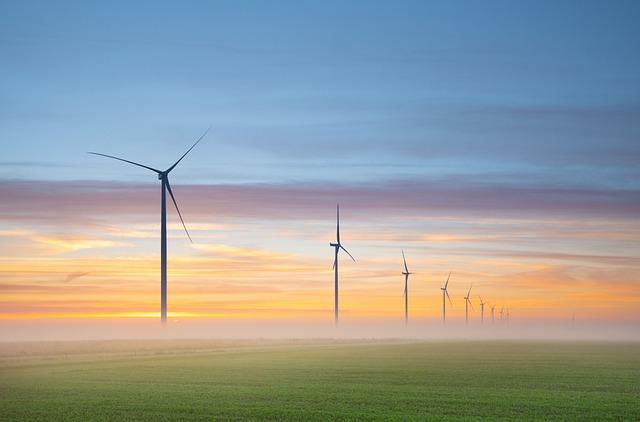“`html
The Politics of Renewable Energy Policy in Pakistan
Pakistan is at a pivotal moment in its energy landscape, where the integration of renewable energy sources is becoming increasingly crucial. As the country grapples with energy shortages, climate change, and economic pressures, the politics surrounding renewable energy policy takes center stage. This article explores these dynamics, their implications, and the prospects for a sustainable energy future in Pakistan.
Understanding Renewable Energy in Pakistan
Pakistan, blessed with ample sunlight, wind, and water resources, has significant potential for renewable energy. The government has set ambitious targets to increase the share of renewables in its energy mix. However, political will and strategic policy remain essential for facilitating this transition.
Current Energy Landscape
As of 2023, Pakistan’s energy mix largely comprises fossil fuels. Here’s a quick overview of the current state:
| Energy Source | Percentage of Total Supply |
|---|---|
| Natural Gas | 48% |
| Hydropower | 30% |
| Coal | 11% |
| Renewables (Wind/Solar) | 8% |
The Political Framework of Renewable Energy Policy
The politics of renewable energy in Pakistan involves multiple stakeholders, including government, private sector, and civil society. A clearer understanding can be achieved through the following aspects:
Key Stakeholders
- Government Agencies: Various departments play critical roles, including the National Electric Power Regulatory Authority (NEPRA) and the Ministry of Energy.
- Private Sector: Investment from local and foreign companies is vital for developing renewable projects, yet often hampered by regulatory uncertainties.
- Civil Society: NGOs and environmental activists advocate for sustainable policies, holding the government accountable.
Challenges in Policy Implementation
Despite the clear benefits of renewable energy, several political and administrative challenges hinder effective policy implementation:
- Lack of Coordination: Different government bodies often conflict, leading to inefficient policies.
- Funding Issues: Insufficient financial resources and investment create hurdles for large-scale projects.
- Regulatory Barriers: Complex legal frameworks deter investors, hindering the growth of the renewable sector.
Benefits of Renewable Energy in Pakistan
Renewable energy policies, if correctly implemented, can lead to significant socio-economic and environmental benefits:
- Sustainability: Reduces reliance on fossil fuels, leading to lower greenhouse gas emissions.
- Job Creation: The renewable energy sector generates numerous jobs in manufacturing, installation, and maintenance.
- Energy Security: Diversification of the energy mix enhances energy security and reduces vulnerability to global energy price fluctuations.
Case Study: The Quaid-e-Azam Solar Park
The Quaid-e-Azam Solar Park, located in Bahawalpur, is one of the largest solar power projects in Pakistan. This project illustrates the potential and challenges of renewable energy policy:
- Capacity: Originally planned to produce 1,000 MW of electricity.
- Investment: Funded through a mix of local and foreign investments, showcasing successful collaboration.
- Challenges: Despite initial success, the project faced criticism regarding land acquisition and environmental concerns.
Practical Tips for Supporting Renewable Energy Initiatives
- Stay Informed: Awareness of current policies and initiatives can help citizens advocate for better practices.
- Engage with Local NGOs: Collaborating with organizations focused on sustainable energy can amplify efforts.
- Advocate for Better Policy: Encourage local representatives to push for renewable energy-friendly legislation.
Conclusion
While Pakistan faces significant hurdles in expanding its renewable energy policies, the potential rewards in terms of environmental sustainability, economic stability, and energy security are immense. Political will, strategic planning, and stakeholder collaboration will be critical in navigating the complexities of this transition. By actively engaging with the energy discourse, citizens can contribute to shaping a greener future for Pakistan.
“`



